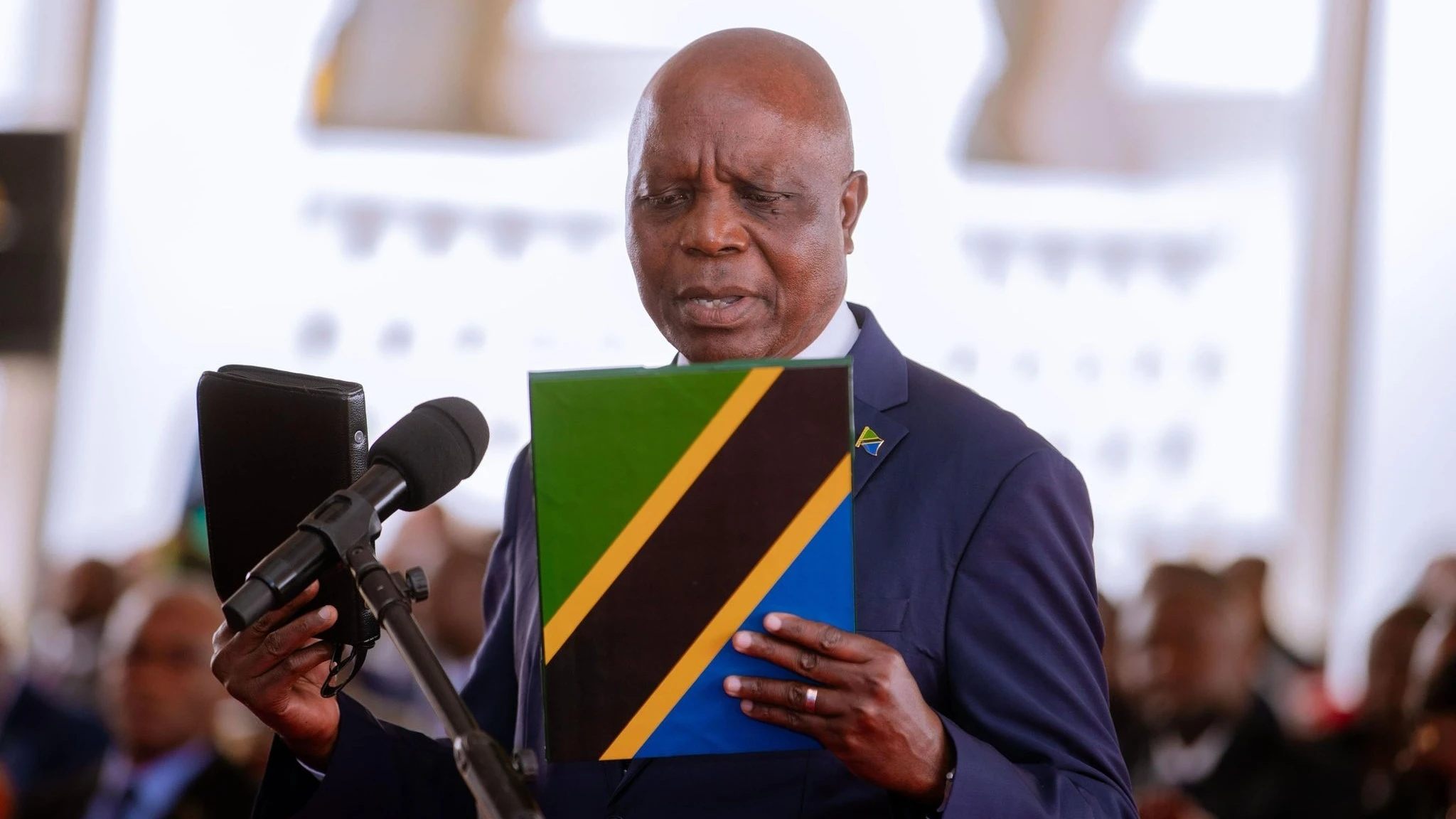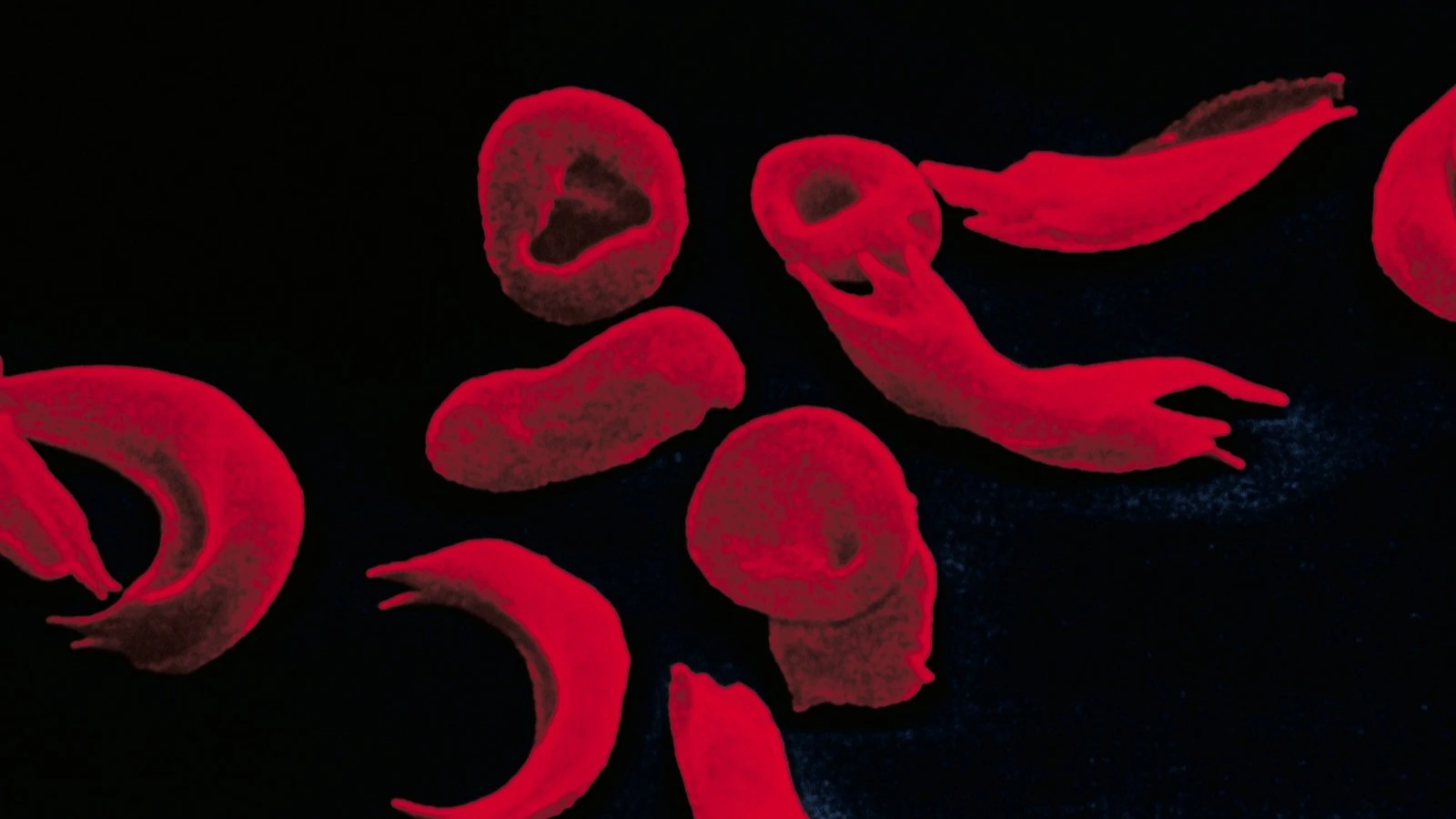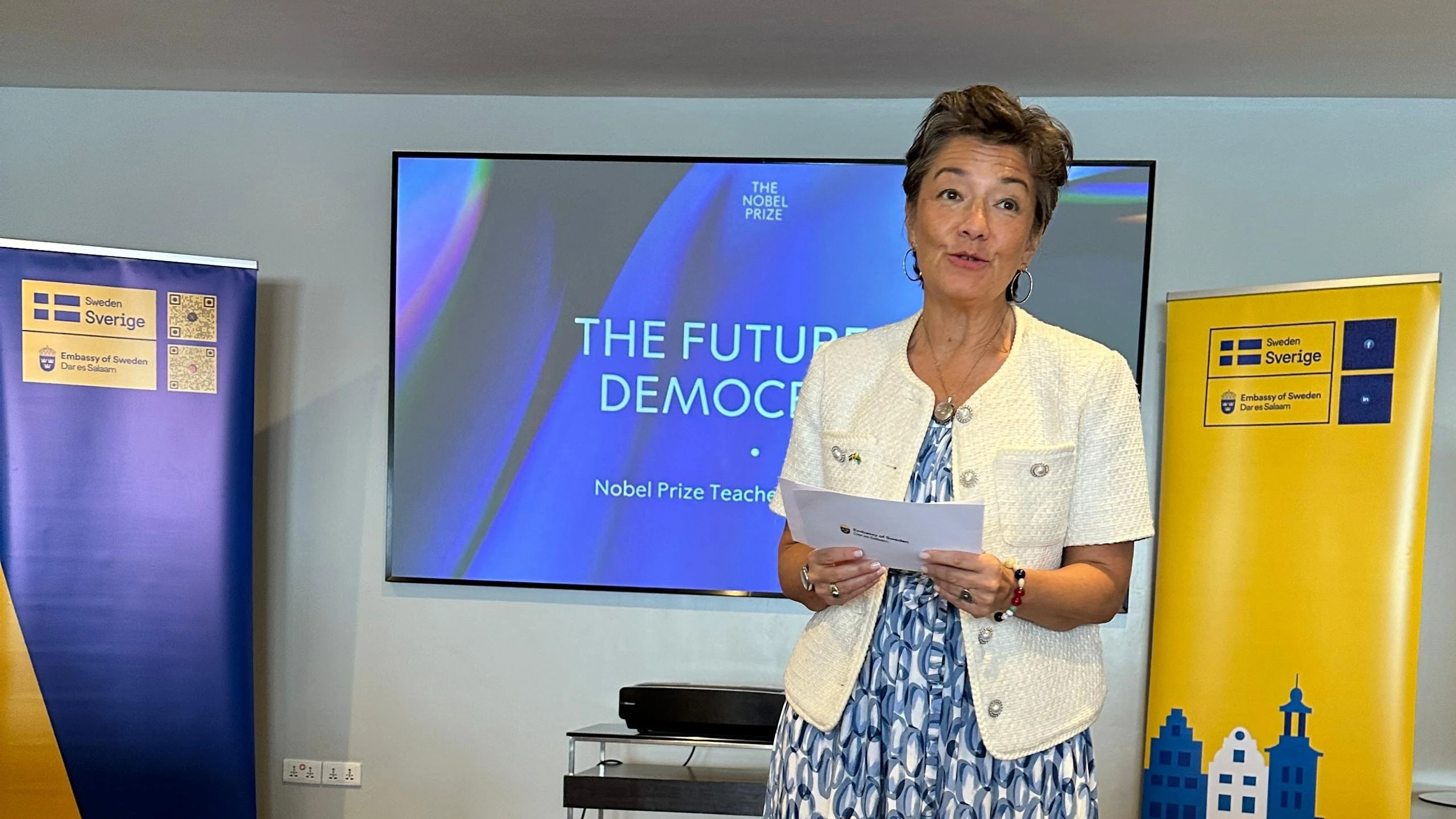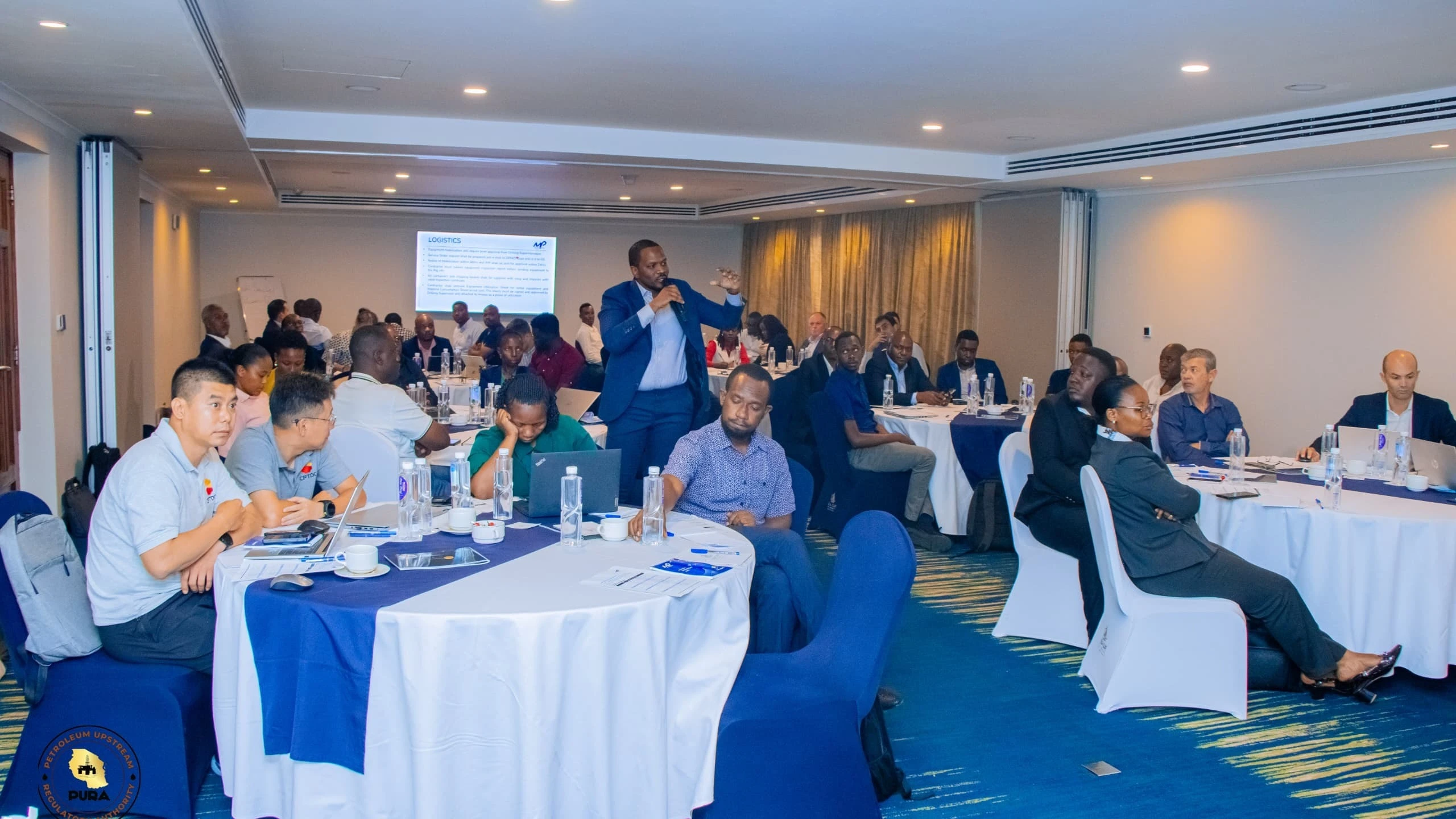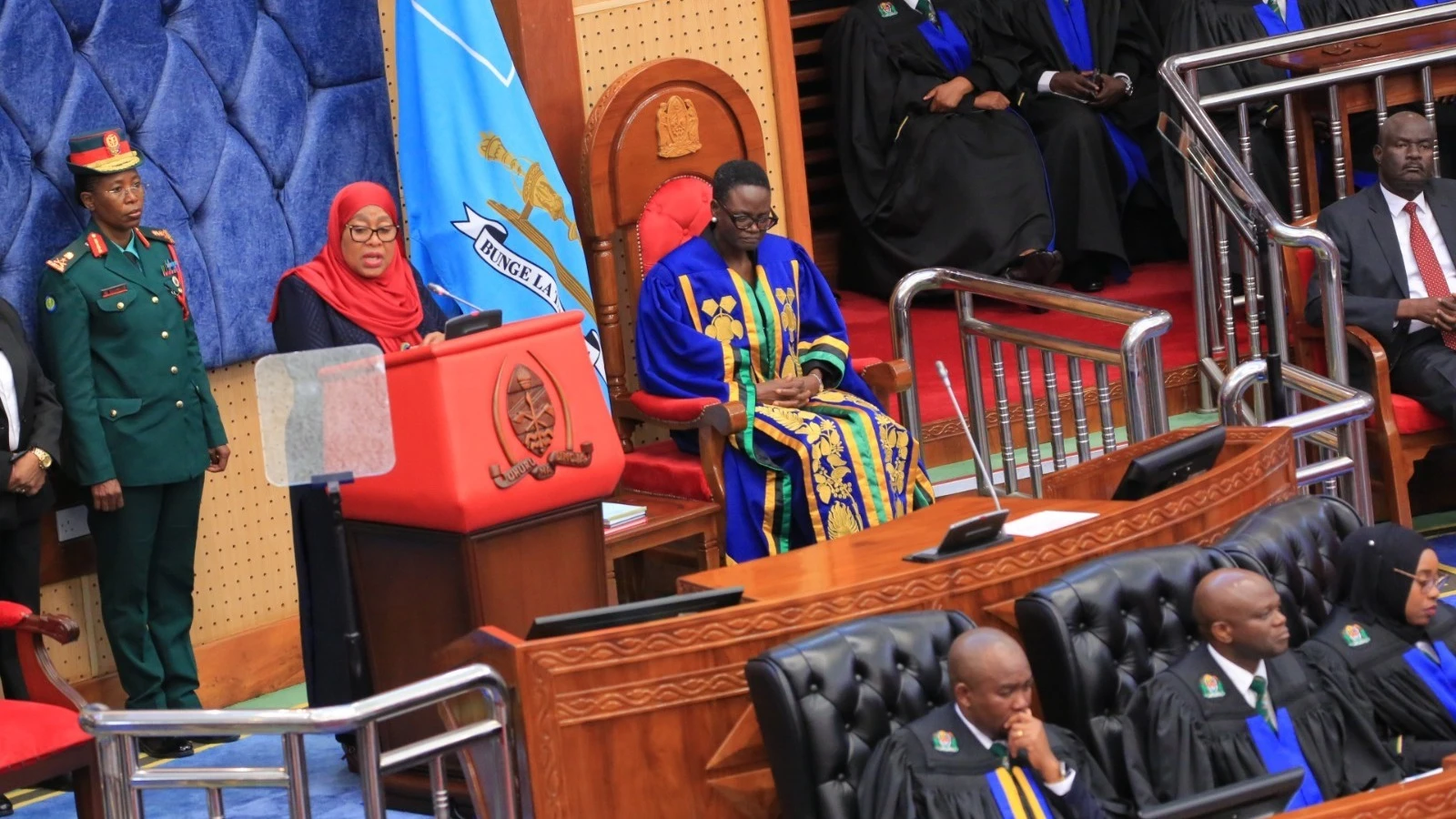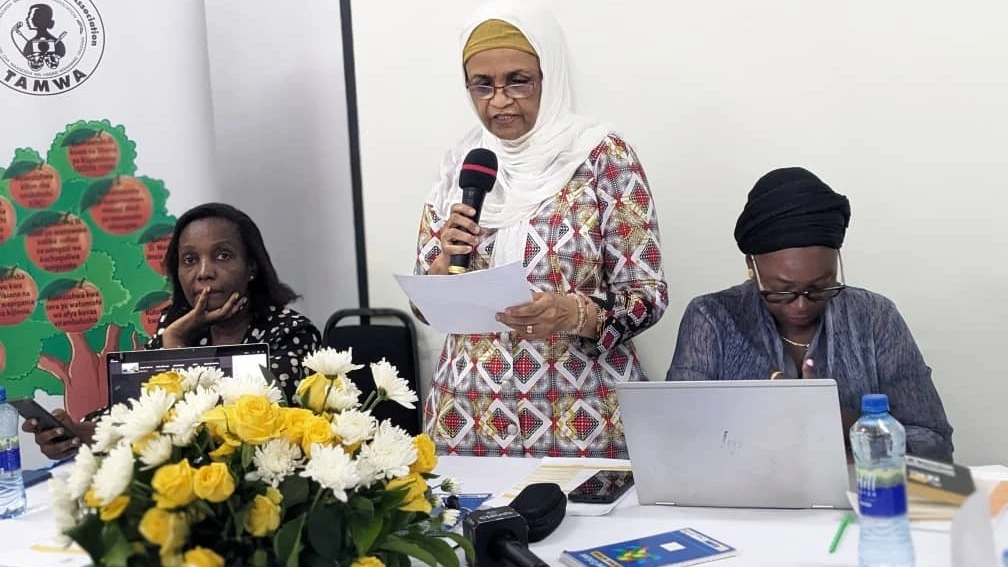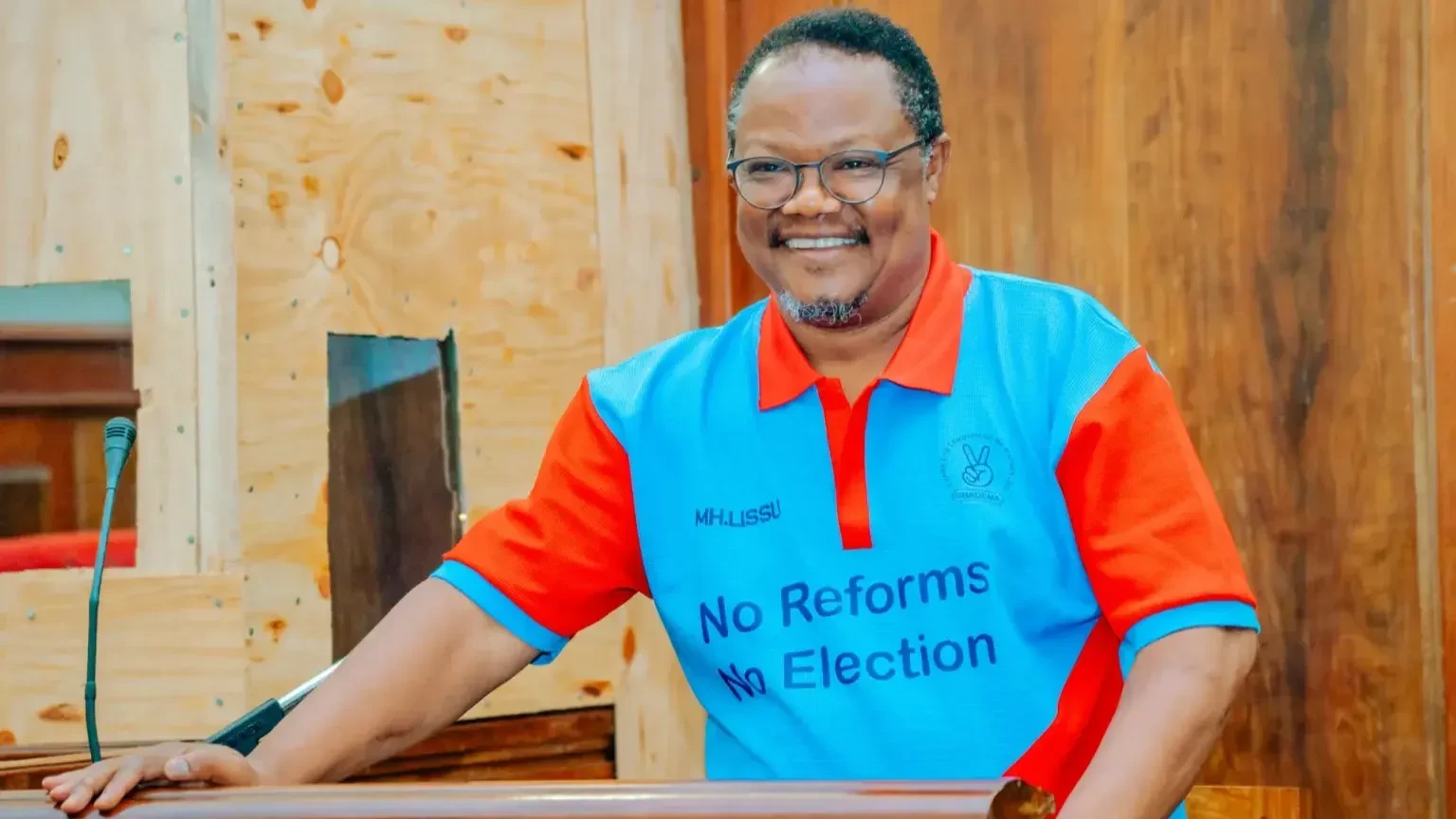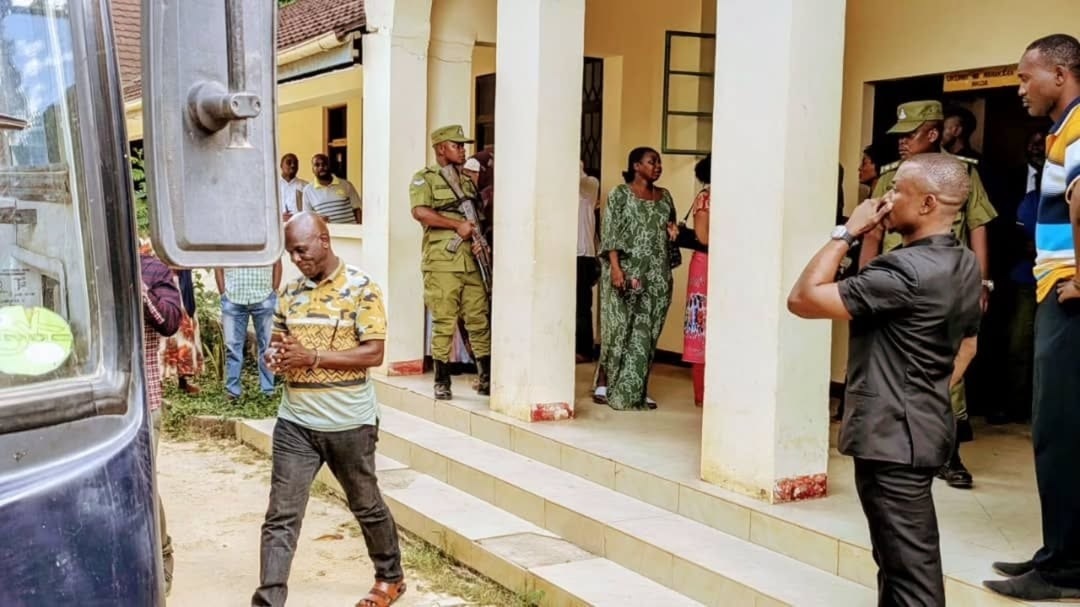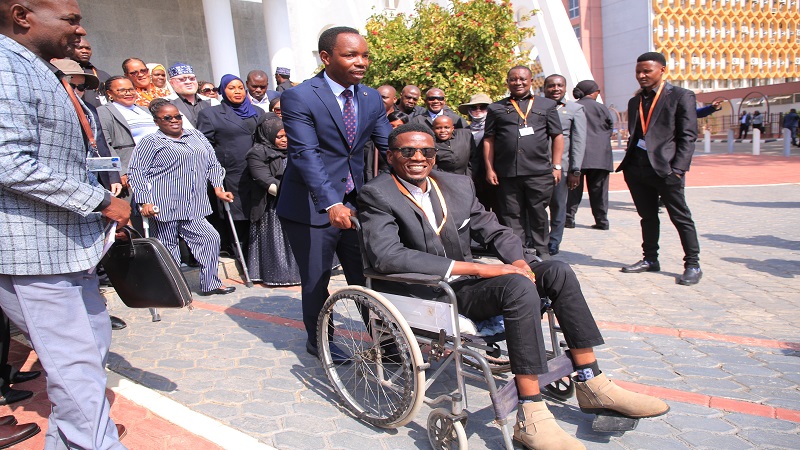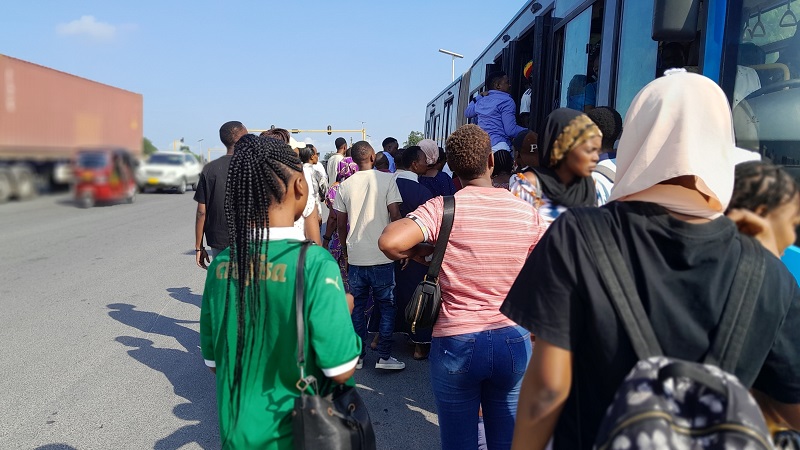Experts draw up ‘unified’ sickle-cell detection, care
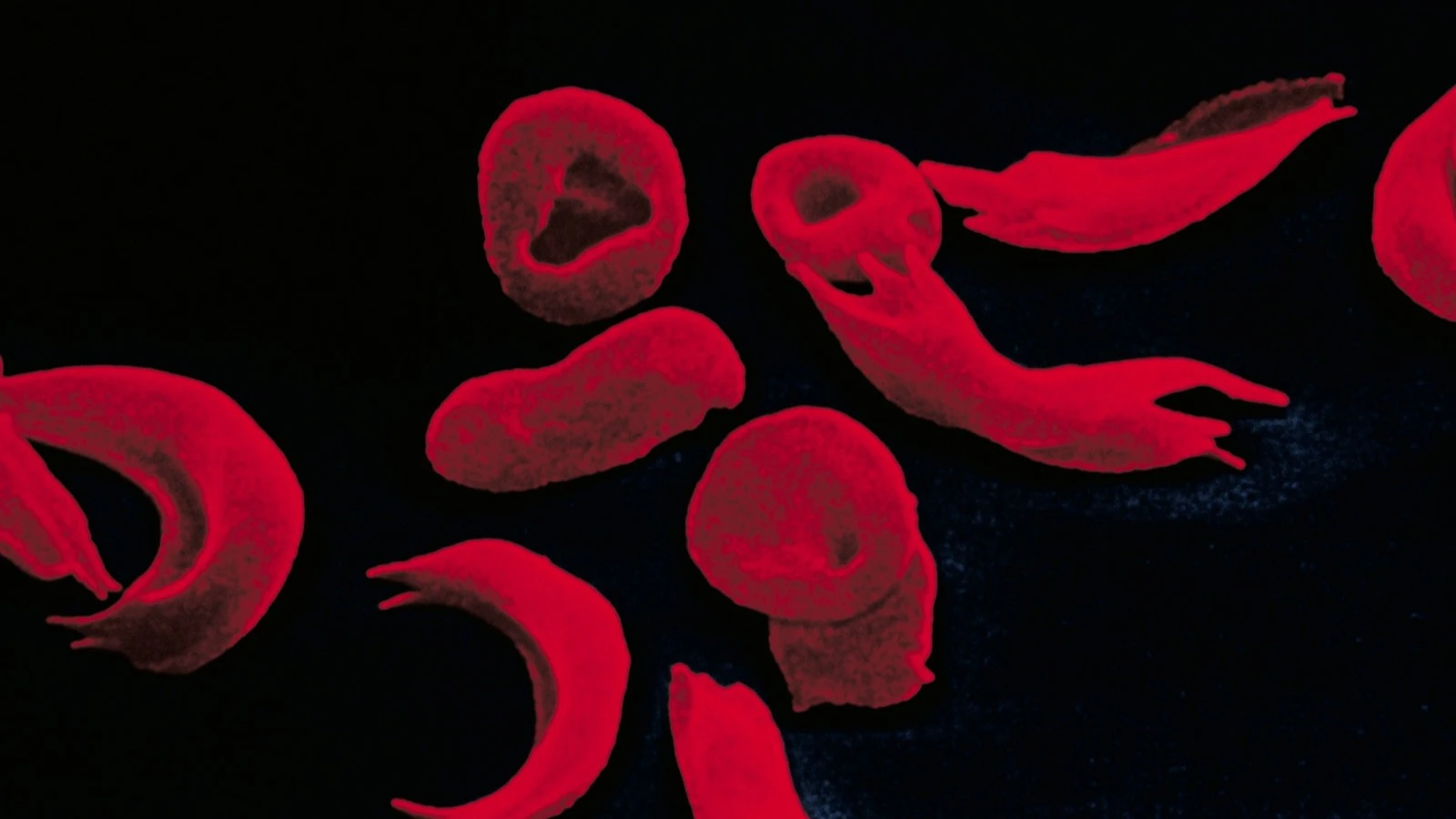
EXPERTS from 16 countries drawn from Africa, India and the United States have launched an initiative to improve sickle cell disease detection and treatment across African Union member states
Dr Peter Kisenge, the Jakaya Kikwete Cardiac Institute (JKCI) executive director, explained this initiative at the launch of the technical working group of the Africa Centre for Disease Control (Africa CDS) on sickle cell disease in Dar es Salaam on Thursday.
He stressed that sickle cell must no longer be neglected and should be treated as a public health priority, with urgent, science-based collaboration, listing countries sending experts for that initiative as Kenya, Uganda, Rwanda, Angola, Gambia, Ghana, Nigeria, India, the United States and the host country, with several; others indicating interest in the new initiative.
“This working group marks a strong alliance and shows the commitment of governments, scientists and advocates,” he stated, noting that it lays the groundwork for Africa’s first continental sickle cell control plan, aligning efforts, scaling proven solutions and addressing gaps.
Tanzania bears one of the world’s highest sickle cell burdens, with an estimated 14,000 children born with the disease annually, with many sufferers undiagnosed or untreated, he said.
“Tanzania is proud to host this event. We've made strong progress in the past five years, including adding sickle cell to our national non-communicable diseases (NCD) strategy,” he said, describing the event as a historic step toward a continent-wide approach to combating the disease.
Dr Mohammed Abdulaziz, head of disease control at Africa CDC, commended Tanzania for setting a strong example in the integration of sickle cell care into the broader healthcare system.
“I was impressed by the country’s progress in incorporating non-communicable disease services, especially sickle cell, into primary healthcare,” he said.
Dr Deogratias Soka, executive director of the Tanzania Sickle Cell Disease Alliance, stressed the need to deliver services at the primary healthcare level where most people live. “Over 80 percent of people rely on primary care. This CDC-Africa initiative is timely—sickle cell knows no borders, thus solutions shouldn’t either,” he said.
Dr Joseph Lubega of the Texas Children’s Global Hope Foundation in the United States, shared updates on developing a unified strategy for Africa. “We have outlined four flagship areas and are finalizing a continent-wide plan for prevention and care,” he stated.
“To meet Africa’s Agenda 2063 goals, we must work with member states to prevent diseases and strengthen health systems,” he added.
Top Headlines
© 2025 IPPMEDIA.COM. ALL RIGHTS RESERVED








